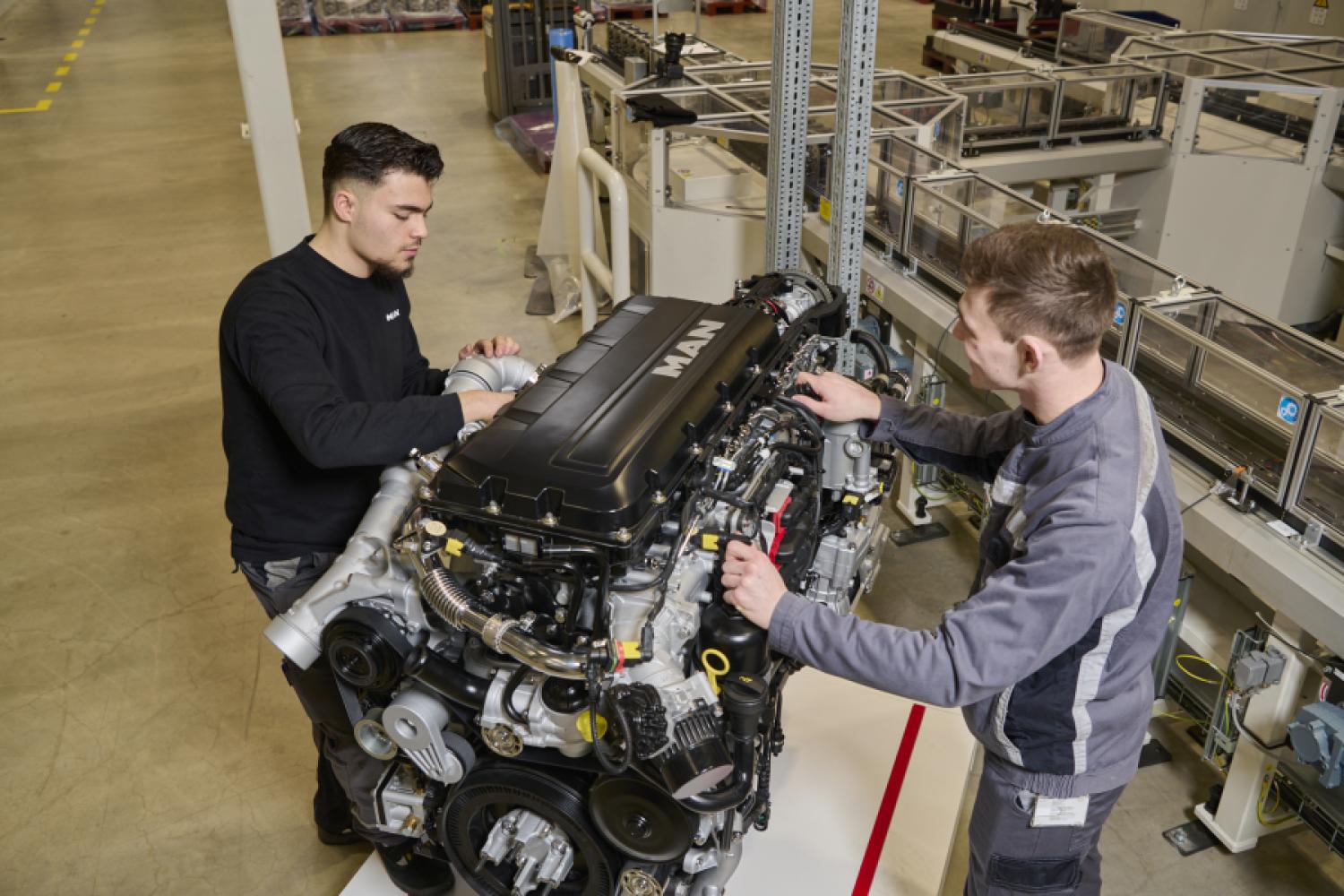According to its own statements, DKV Mobility made significant progress in several sustainability areas in 2024. According to the recently published report, the number of publicly accessible charging points in Europe rose to around 893,000 — an increase of 41 percent compared to the previous year. At the same time, the number of charging cards in circulation increased to around 798,000. This corresponds to an increase of 35 percent.
To ensure that each kilowatt-hour charged via the DKV Card +Charge comes from renewable energy sources, DKV Mobility acquired guarantees of origin for green electricity for the years 2024 and 2025. The network for alternative fuels has also been expanded. The number of filling stations for LNG, CNG, and hydrogen rose to around
24,000 — an increase of 13 percent. In addition, the company claims to offer access to over 2,600 stations for HVO100 in 15 European countries.
Sebastian Klauke, CEO of DKV Mobility, sees this as a confirmation of the company's strategy: “I am very pleased that we were able to further strengthen our pioneering role in the switch to alternative energy sources last year. The high demand encourages us to consistently expand our offering for electric vehicles and alternative fuels.”
DKV Mobility also reports progress in terms of its climate strategy. The company has committed to producing net zero greenhouse gas emissions by 2050. In the short term, it aims to reduce emissions by 42 percent by 2030 compared to the base year
2022. The share of renewable energies at company locations rose from 54 to 59 percent in 2024. The share of green electricity was 99.9 percent. The company was able to reduce energy-related emissions in Scopes 1 and 2 by over 30 percent compared to the previous year.
The Science Based Targets Initiative (SBTi) confirmed DKV Mobility's new climate targets.
“We are very proud that our new, ambitious climate targets have been confirmed by the high standards of the Science Based Targets Initiative,” said Laura Cremer-Heesen, Director Sustainability at DKV Mobility. “This shows us that we are on the right path with our sustainability strategy and that our decarbonization efforts contribute to a larger collective effort.”
In addition to environmental goals, DKV Mobility
also focuses on social aspects. In 2024, the proportion of women in the workforce was just under 50 percent, with around 38 percent of leadership positions held by women. The company also awarded more than 3,100 free NGO Cards +Charge to over 300 nonprofit organizations. At the annual Community Day, over 450 employees participated in 33 social projects in eight cities.
The company's sustainability performance was once again assessed by independent agencies. EcoVadis once again awarded DKV Mobility the platinum medal, making it among the top one percent of more than 150,000 companies assessed worldwide. Sustainalytics also ranked DKV Mobility's sustainability management in the top three percent. Additionally, the company participated in the CDP assessment for the first time and achieved a






